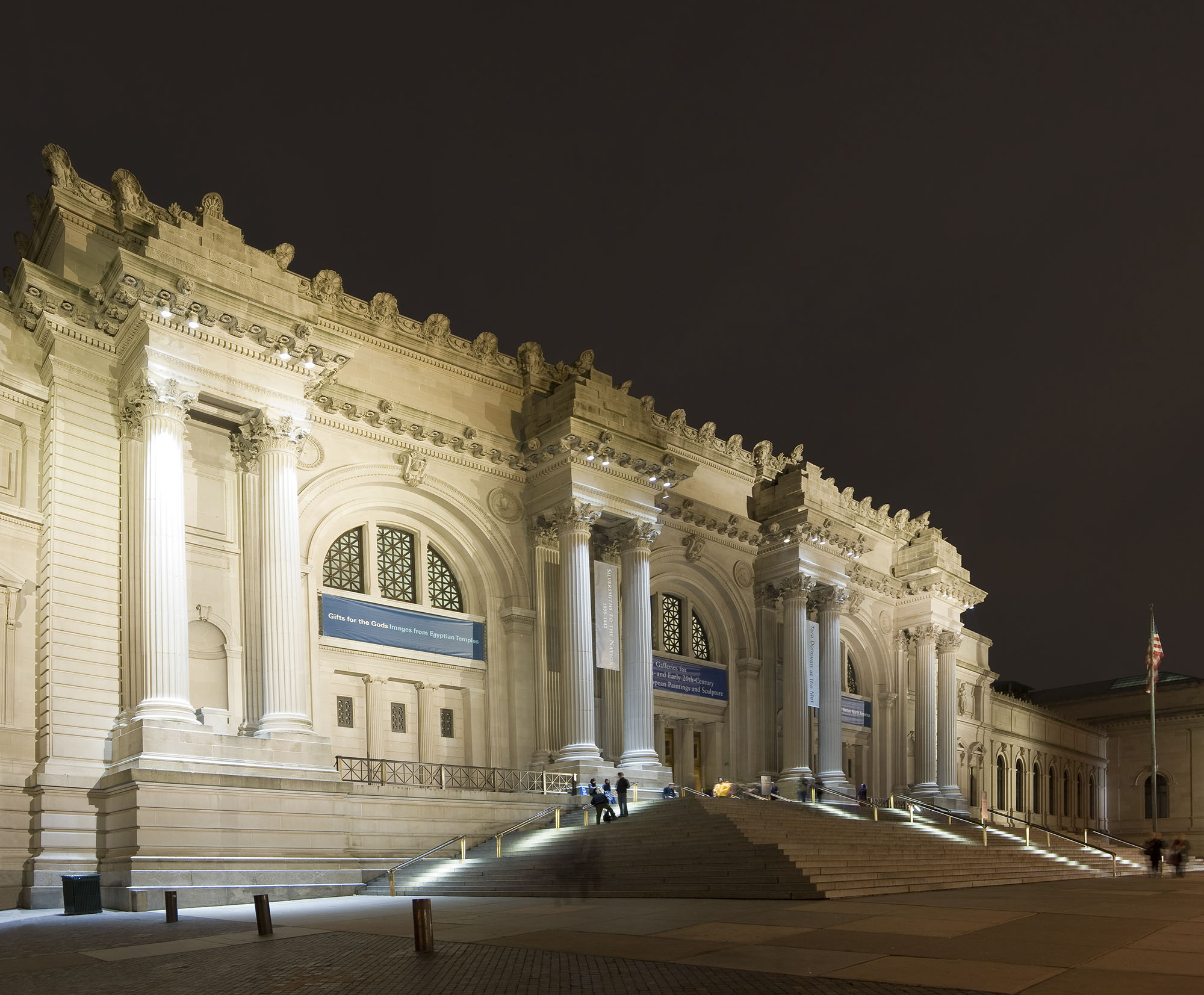Met Gala Controversy: Performative Activism?
The Met Gala, also called the Costume Institute Gala, was recently held on Monday, September 13. Normally, this enchanted event, hosting celebrities and fashion designers at the Metropolitan Museum of Art, takes place on the second Monday in May, but due to COVID, we missed out on the event in May of 2020 and 2021. Organizers of the Met Gala decided to postpone the event but assured the public that they plan on sticking with the original May 2022 date.
This is an annual fund-raising event for the Metropolitan Museum of Art’s Costume Institute in New York City. The Gala also marks the opening of the Costume Institute’s fashion exhibit. Celebrities are invited to the Gala and collaborate with a designer who helps them design an outfit for the designated theme. This year, the theme was “American Independence,” which many of the celebrities executed well.
Throughout history, the fashion industry has lacked diversity amongst its designers, illustrators, photographers, etc. Not only does the fashion industry lack diversity, there have been many instances of blatant racism surrounding models. Raconteur states “In 2018, H&M’s campaign showcasing a black boy wearing its ‘Coolest Monkey in the Jungle’ jumper caused controversy, while Gucci was forced to apologize last year for releasing a balaclava design that resembled blackface.” There has also been speculation that black rappers have experienced racism from workers at high end designer stores when purchasing products. In recent years, designer brands have shifted to replicate street wear in the music industry. Discrimination towards clientele gives companies such as Gucci, Louis Vuitton, Prada and others a bad reputation. The fashion industry is corrupt in numerous different aspects, but the racism involved in fashion has gone on for far too long.
One of the biggest names surrounding the Met Gala and the fashion industry is Anna Wintour. Wintour is British-American Vogue editor-in-chief and has been a chairwoman of the Gala since 1995. Following the Black Lives Matter movement, speculation about Wintour’s lack of diversity started surfacing from the general public and from fashion designers who are familiar with her work. According to The
Guardian, Wintour “has admitted to making mistakes and publishing material that has been intolerant, as well as not doing enough to promote black staff and designers at the fashion magazine.” Wintour made a statement to the black fashion community about how she aims to do better and have a higher black representation in Vogue.Last Sunday, Sept. 12 on Good Morning America, the controversy regarding race and the Met Gala was brought to the viewers’ attention. The show stated that Wintour received a lot of backlash in the past year and that her goal was to have at least 15 percent black representation at the Gala. According to the show, Wintour told the public that she met her goal and greatly exceeded the 15 percemt black representation for the 2021 Met Gala. Though this is a progressive goal to set, it also seems as though Wintour is just trying to clear her name and prove that she is inclusive and cares about opening up the fashion industry to POC as well as the LGBTQIA+ community.
Likewise, two of the hosts at the Met Gala, who were giving the rundown of all the celebrities’ outfits as they were walking down the red carpet, were black. While this is obviously not a bad thing, I think the effort in which Wintour has put in to show diversity is pretty evident. Her efforts to be inclusive come across as an attempt to clean up the negative rumors surrounding her name and to prove she isn’t racist.
Hopefully, the controversy surrounding Wintour can inspire other designers and people who have power in the industry to change their ways as well. It’s unfortunate that it took the Black Lives Matter movement to initiate a step toward an end to discrimmination in fashion, but at least people are speaking out about their experiences.
It is crucial to have more diversity and black representation in not only fashion but in all other industries. Even though I don’t believe Wintour completely sympathizes with the movement, I do believe it is a positive step forward, regardless of her reasons behind the increase in diversity.



